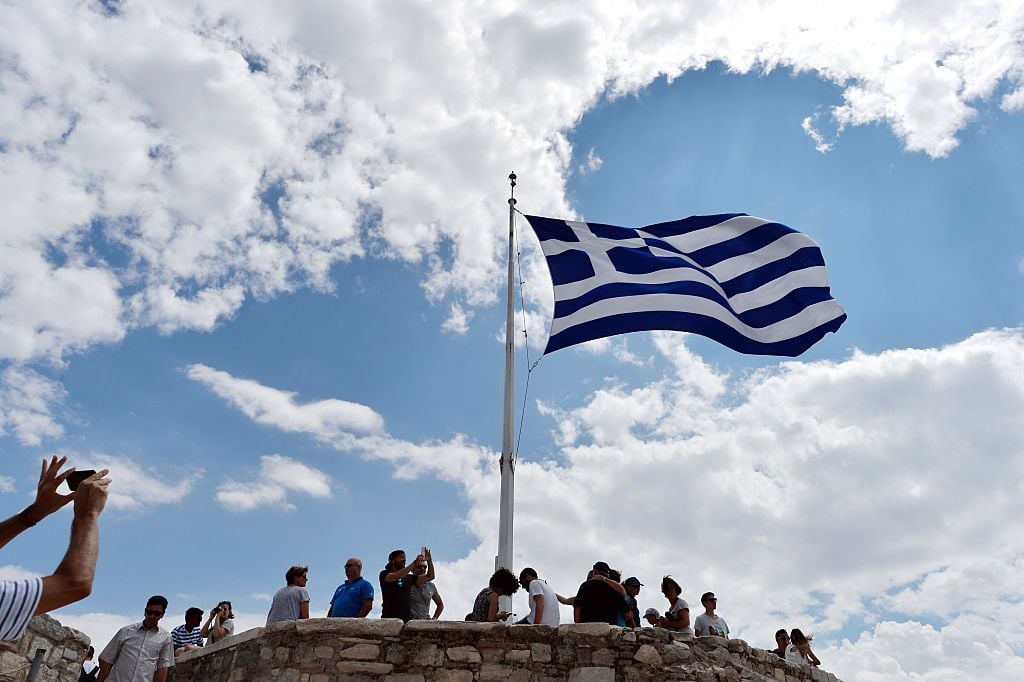
Archaeologists believe they have discovered the ancient Greek city of Tenea, a place that previously existed only in myths and historical texts.
As myth has it, the Trojans built the city after the end of the Trojan War, but then it was lost for centuries—that is, until archeologist Elena Korka, director of the office for supervision of antiquaries and private archaeological collections in Greece’s ministry of culture, uncovered it last month.
Korka has been excavating the site in southern Greece since 1984, when her team unearthed a sarcophagus there. Thirty-four years later, her team made a major breakthrough: they discovered a Roman mausoleum nearby.
After that, they followed the clues to an even more consequential discovery. “After I uncovered the sarcophagus, I knew I had to go back for more,” Korka told the New York Times. In September, she and her team began a dig at Chiliomodi, the small town where she found the sarcophagus in the ’80s. The following month, she made the sensational find: the long-lost city of Tenea.
Underneath an area extending across 670 meters, she found a network of houses and living spaces, complete with well-preserved stone and clay floors. Her team also discovered remnants of pipelines, suggesting that the city was most likely inhabited for centuries, perhaps as early as late Mycenaean period.
They found other hints about the city’s history, too. Tombs packed with urns of gold, silver, and other artifacts suggest Tenea’s residents were very wealthy. They also recovered 200 coins from the early Hellenistic period. “During the Roman years, Tenea cut coins,” Korka said. “This shows full independence.”
A city graveyard was found to contain urns from the ancient Sicilian city of Syracuse, suggesting that its citizens actively traded with the colony it shared with the city-state of Corinth. According to Korka, the tombs of the Teneans were more luxurious than those of the Corinthians, suggesting their residents were even wealthier.
“Every excavation is important, as it brings something new to light,” the archaeologist said.